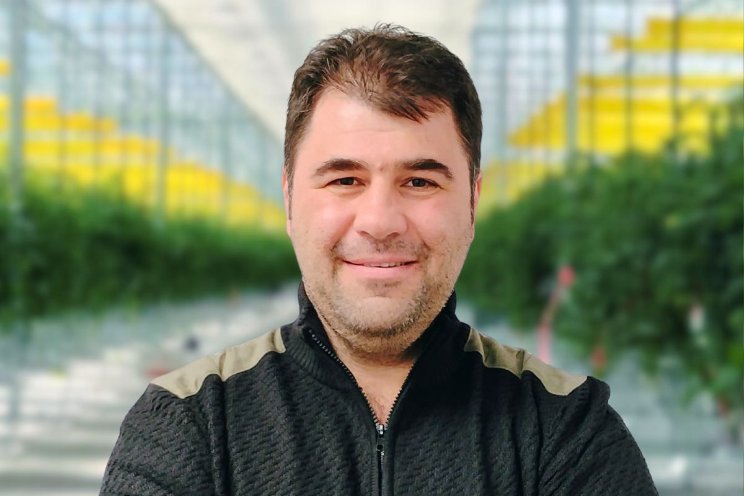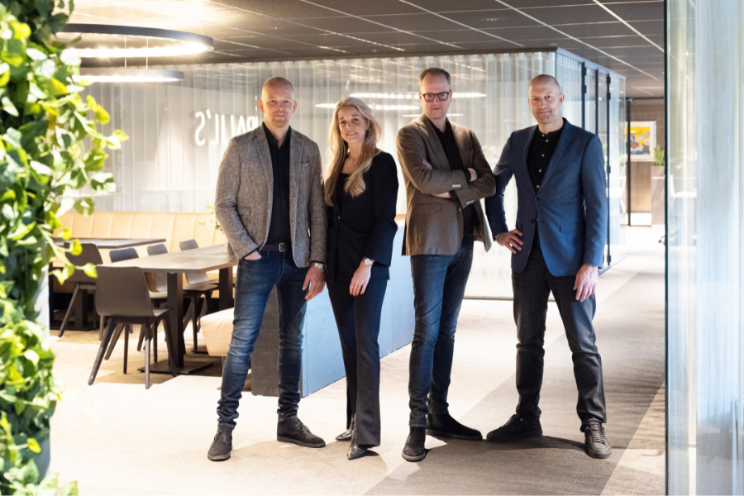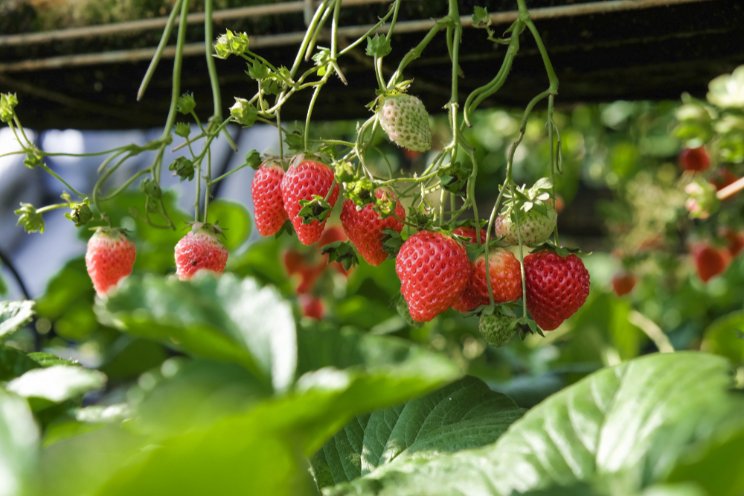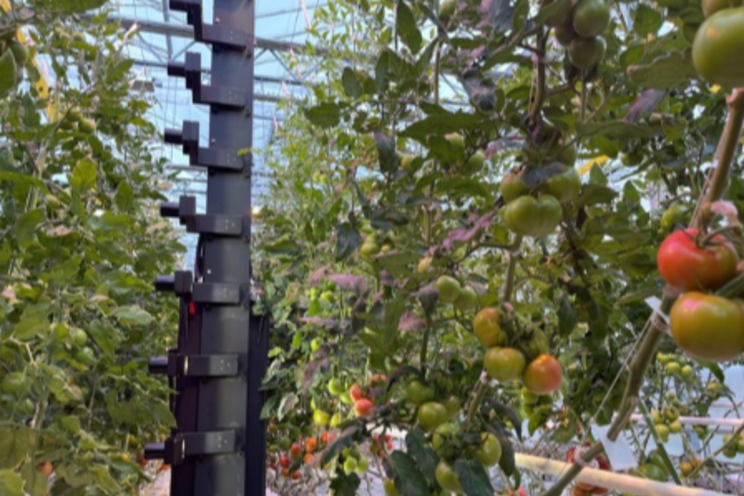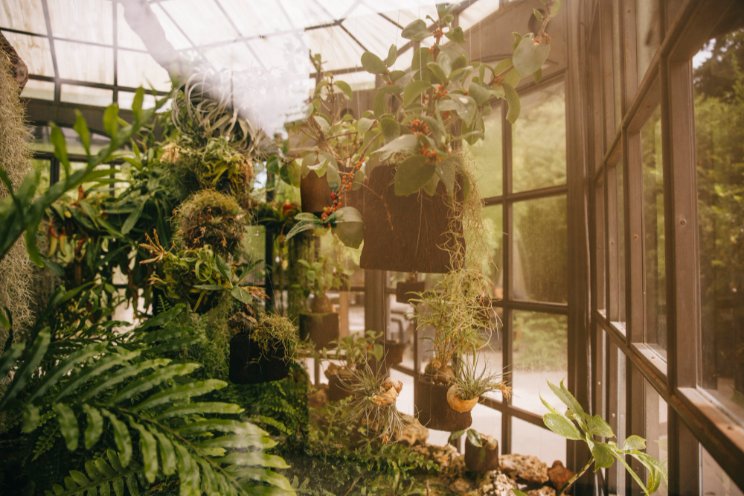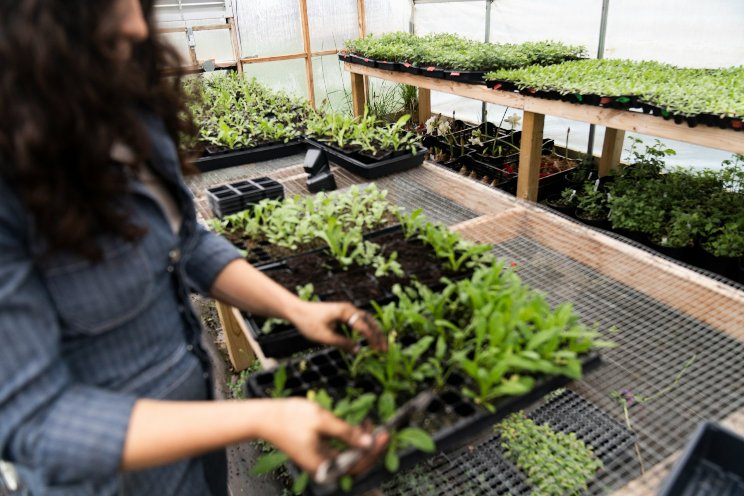How the floral industry can take lessons in sustainability
Added on 31 May 2023
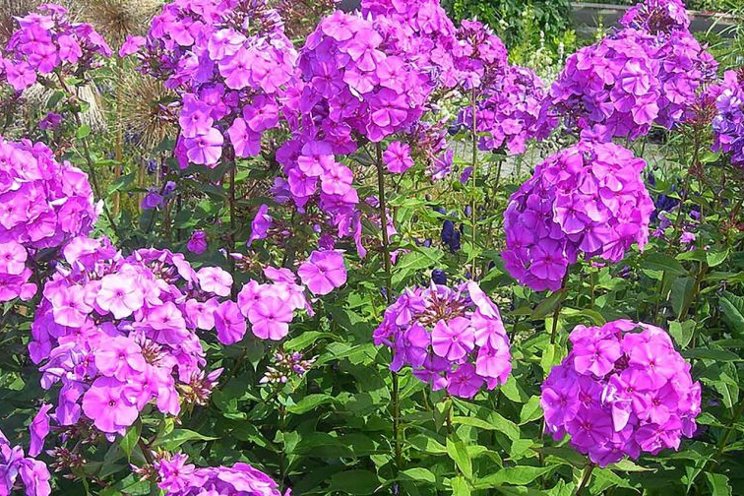
North Carolina State University’s Cognitive Behavioral Lab in Horticultural Sciences is answering a call from many growers, suppliers, and retailers in the floral industry who would like to be more sustainable but may not know the best way to move their businesses forward. While there are lessons to be learned from other agricultural areas, the lab’s aim is to gather the best available information and conduct new studies in areas where knowledge is lacking. The research takes an interdisciplinary approach that requires knowledge of life sciences, sociology methods, economics, and business.
“As an individual, thinking and talking about sustainability encourages me to evaluate how I am personally using resources and creating waste,” says Amanda Solliday, a doctoral student with the Cognitive Behavioral Lab. “That’s an important mental exercise for everyone who lives on a shared planet.”
Solliday is working with North Carolina State University’s Department of Horticultural Science Professor Brian Jackson, Assistant Professor Melinda Knuth, and the American Floral Endowment to develop practical sustainability guides for the floral industry. Drawing on Solliday’s professional experiences with laboratory science and research communications, she will utilize various methods to measure greenhouse gas emissions, collect data through horticultural industry surveys, and collect plant sale inventories.
Photo: North Carolina State University
More news
